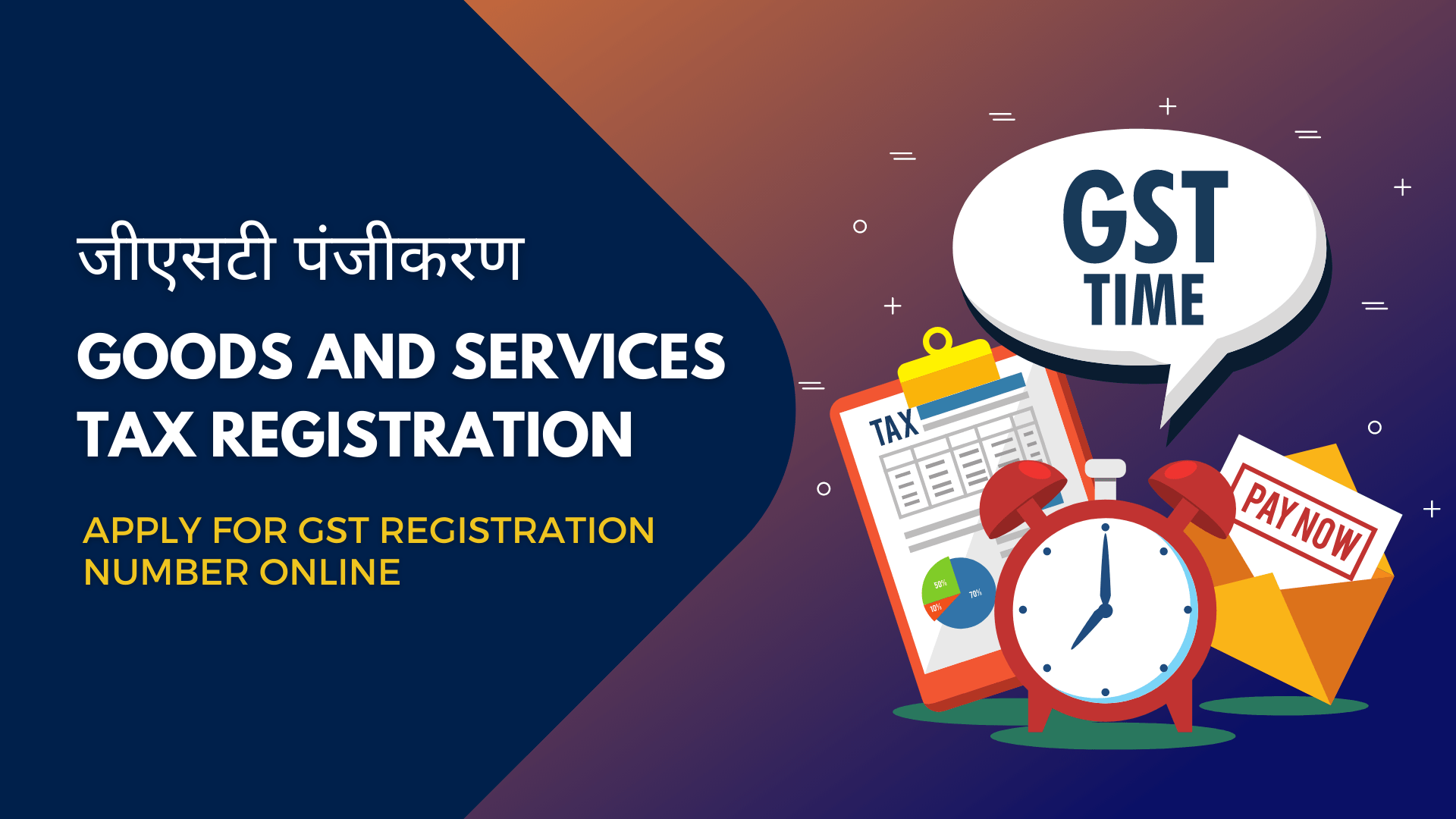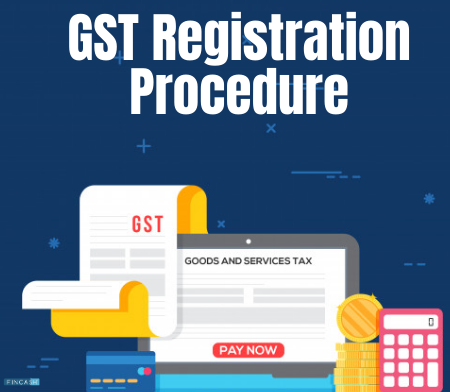Grasping GST Registration: Important Actions to Ensure Regulatory Conformity and Service Growth
Navigating the realm of Goods and Solutions Tax Obligation (GST) registration can be a crucial step for companies aiming to keep compliance and foster growth. The elaborate process of registering for GST demands an eager understanding of the vital actions involved, from realizing the fundamental principles of GST to meticulously preparing the required documents. Nonetheless, past just checking off the regulative checkboxes, mastering GST enrollment opens up a realm of possibilities for organizations to strategically leverage this tax structure to drive their growth. Comprehending the nuances of GST enrollment is not just a bureaucratic necessity yet a tactical move that can shape the trajectory of a service towards sustainable success.
Recognizing GST Basics
Comprehending the basics of Item and Provider Tax (GST) is essential for businesses to browse the complexities of tax obligation conformity and monetary administration successfully. GST is a value-added tax levied on the supply of items and solutions in India, aiming to create a unified tax obligation system throughout the country. Singapore GST Registration. Under GST, businesses require to sign up and get a distinct GSTIN (Goods and Services Tax Obligation Recognition Number) to be compliant with the law

Preparing Necessary Records
To make certain conformity with GST registration needs, services need to collect and organize the needed documents for the application process successfully. The essential records generally required for GST enrollment consist of evidence of business enrollment or unification, Frying pan card of the identification, address and service proofs of marketers, photographs, financial institution declarations, and evidence of address of the location of organization.
Organizing these files in a systematic manner can streamline the application procedure and show the business's dedication to regulative conformity. Businesses must keep both digital and physical duplicates of these documents for very easy accessibility and recommendation. By preparing the essential papers carefully, services can accelerate their GST registration procedure and focus on their core procedures with the guarantee of regulative conformity.
Online Enrollment Refine
Start the GST registration process by browsing to the main online portal marked for organization enrollment. As soon as the account is set up, you can continue with loading out the GST registration application kind by getting in the needed organization info, consisting of organization type, address, and turn over information.

Compliance and Reporting Responsibilities
Upon successful registration on the GSTN site and conclusion of the needed paperwork, organizations need to comply with rigorous conformity and reporting obligations to ensure regulative adherence and functional transparency. Conformity demands under GST required timely and accurate filing of numerous returns, such as GSTR-1 for exterior products, GSTR-3B for regular monthly summary returns, and annual returns like GSTR-9. In addition, services require to resolve their sales and purchase information through GSTR-2A and GSTR-2B Your Domain Name to case input tax obligation credit ratings appropriately.
Preserving proper records of invoices, accounting records, and other relevant data is critical for GST compliance. Regular audits and analyses by tax obligation authorities demand organizations to have meticulous documents and reporting systems in position. Any type of inconsistencies or non-compliance can cause charges, penalties, or perhaps suspension of GST registration.
To enhance compliance processes, organizations can take advantage of GST compliance software that automates return compliance, reconciliation, and declaring monitoring. When required can further enhance conformity initiatives and ensure smooth procedures within the GST framework., staying upgraded with regulative adjustments and looking for specialist guidance.
Leveraging GST for Company Development
Services can tactically utilize the GST framework to drive lasting growth and boost operational performance (Singapore GST Registration). Leveraging GST for organization development entails greater than just compliance; view publisher site it offers a chance for business to simplify processes and maximize their financial operations. One key benefit of GST is the input tax obligation credit scores device, which allows services to assert credit ratings for tax obligations paid on inputs. By efficiently handling input tax credit scores, firms can minimize their overall tax liability and improve capital. Additionally, GST advertises transparency and responsibility in the tax system, which can help companies develop trust with clients and companions.
Additionally, GST enrollment can additionally open new markets for companies. Being GST-compliant can improve credibility and make it much easier to broaden procedures throughout state boundaries. This not just raises market reach yet likewise cultivates an one-upmanship in the marketplace. By aligning with GST regulations, companies can adapt to changing market characteristics and remain in advance of the competitors. Essentially, leveraging GST for company growth entails critical planning, reliable compliance, and a positive method to monetary monitoring.
Conclusion
To conclude, mastering GST registration is vital for making certain regulative conformity and facilitating service development. By understanding the fundamentals of GST, preparing essential papers, completing the on-line registration procedure, and meeting compliance and reporting responsibilities, businesses can utilize GST to their advantage. It is necessary for companies to abide by the regulations and use GST as a device for expanding their operations and remaining affordable in the marketplace.
Browsing the realm of Goods and Provider Tax Obligation (GST) registration can be a pivotal step for services aiming to preserve compliance and foster growth. The essential records usually needed for GST enrollment consist of proof of service registration or unification, Frying pan card of the business, address and identification proofs of promoters, photographs, bank statements, and evidence of address of the area of organization.Start the GST registration procedure by navigating to the official online portal marked for organization enrollment. When the account is set up, you can continue with loading out the GST registration application form by getting in the essential company information, consisting of business address, turn over, and type details.
By understanding the essentials of GST, preparing needed documents, finishing the on-line registration procedure, and fulfilling compliance and reporting obligations, companies can leverage GST to their benefit.